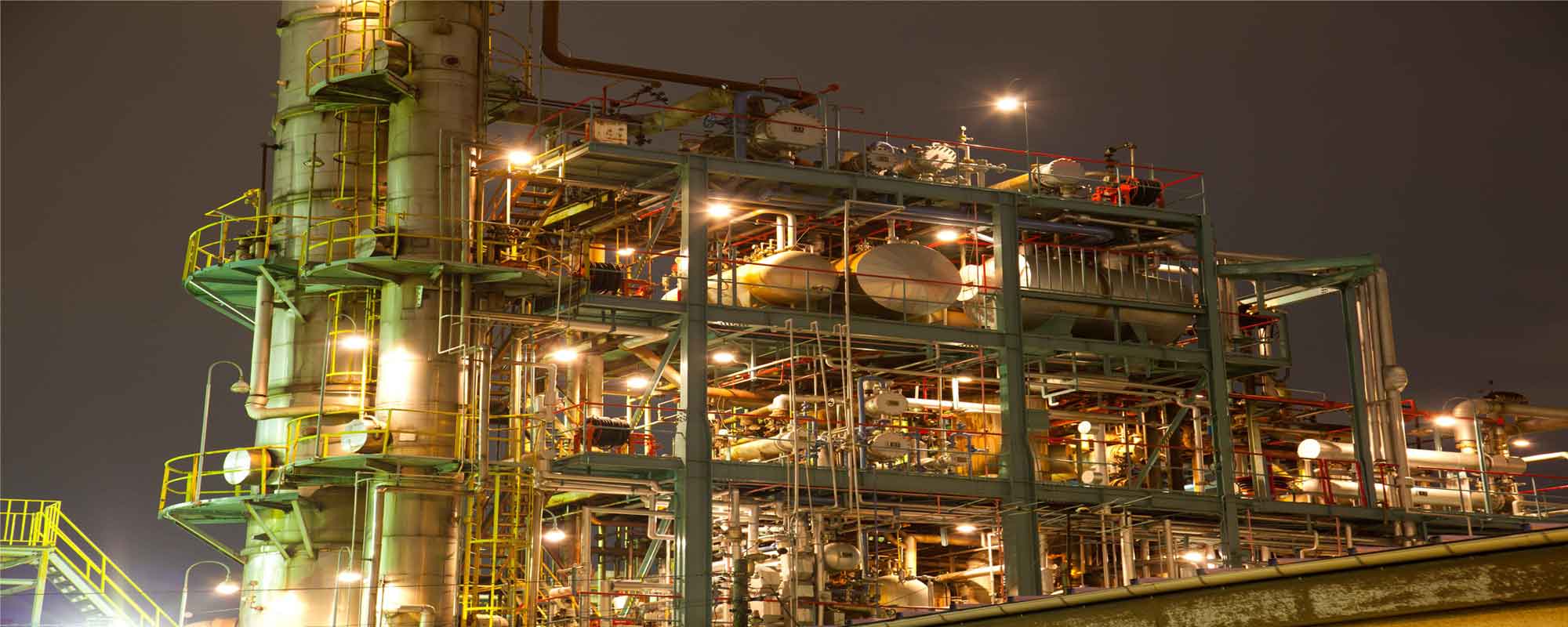
In the realm of construction, the coordination and integration of mechanical, electrical, and plumbing (MEP) systems are crucial for the success of any project. These intricate systems form the lifeline of a building, ensuring its functionality, safety, and efficiency. MEP contractor play a pivotal role in the seamless installation, maintenance, and coordination of these systems throughout the construction process.
MEP contractors specialize in managing the mechanical, electrical, and plumbing components of a building. Their responsibilities encompass a wide range of tasks, from the initial design phase to the final installation and maintenance of systems. They work collaboratively with architects, engineers, and other construction professionals to ensure that all systems work harmoniously and comply with building codes and regulations.
Design and Planning: MEP contractors are involved in the early stages of a construction project, contributing their expertise in planning and designing MEP systems. They analyze the project requirements, considering factors such as the building’s size, functionality, energy efficiency, and safety standards. Collaborating closely with other stakeholders, they create detailed plans and blueprints for the installation of mechanical, electrical, and plumbing systems.
Installation and Implementation: Once the design is approved, MEP contractors oversee the actual implementation of the systems. This involves managing the procurement of materials, hiring skilled labor, and coordinating the installation process. Whether it’s the installation of HVAC (Heating, Ventilation, and Air Conditioning) systems, electrical wiring, or plumbing networks, these professionals ensure that every component is installed correctly and efficiently.
Compliance and Regulations: MEP contractors have an in-depth understanding of local building codes, safety standards, and environmental regulations. They ensure that the systems they install comply with these regulations. Their expertise is crucial in obtaining necessary permits and certifications, guaranteeing that the building meets all legal requirements.
Integration and Coordination: One of the most critical aspects of MEP contractors’ work is ensuring the seamless integration of different systems. They must coordinate various MEP elements to work in tandem without conflicts. For instance, ensuring that electrical wiring doesn’t interfere with plumbing or that HVAC ducts align with the building’s design. This coordination is essential for the efficient functioning of the building.
Testing and Maintenance: After the installation, MEP contractors conduct rigorous testing to ensure that all systems function properly. They perform inspections, tests, and evaluations to identify and rectify any issues. Moreover, they provide maintenance services to ensure the longevity and efficiency of the MEP systems, offering regular checks and repairs as needed.
Advancements and Innovation: With the continuous evolution of technology and sustainable practices, MEP contractors stay updated on the latest advancements in their field. They incorporate innovative solutions, such as energy-efficient systems, smart technologies, and sustainable practices, contributing to the overall efficiency and sustainability of the building.
In conclusion, MEP contractors are indispensable in the construction industry. Their expertise in managing and integrating mechanical, electrical, and plumbing systems ensures that buildings are not just structurally sound but also functionally efficient and safe. Their role extends from the initial planning stages to the final testing and maintenance, ensuring that buildings meet regulatory standards and operate optimally. Ultimately, the contribution of MEP contractors is fundamental in constructing modern, functional, and sustainable buildings.


